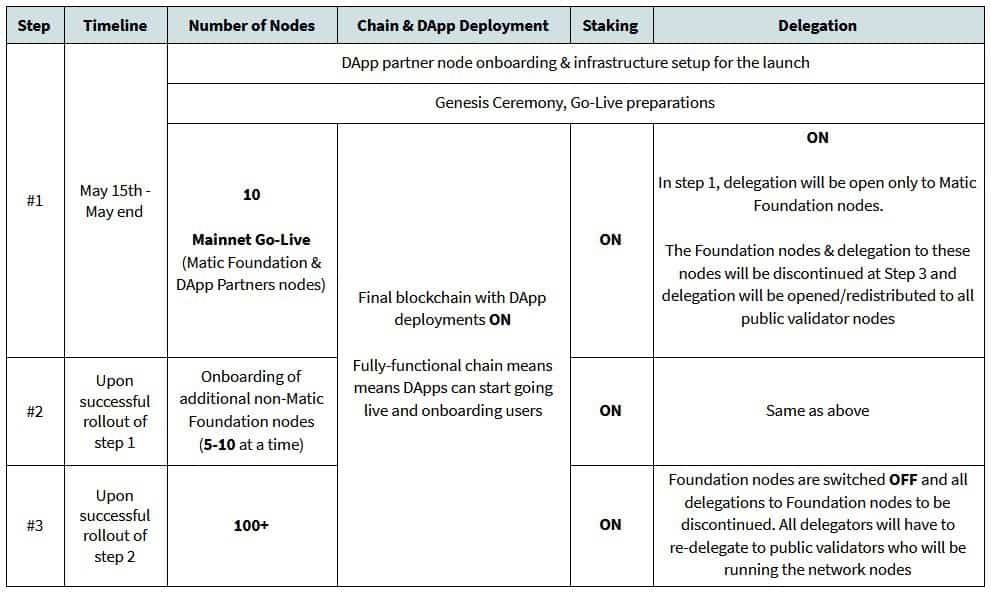The growing interest towards staking has pushed the blockchain-based project Harmony to begin implementing it as well. Interestingly, another popular project which had its IEO on Binance Launchpad, namely MATIC Network, also recently elaborated on its staking service developments.
Harmony Will Support Staking
Harmony utilized the Binance Launchpad to have its IEO nearly a year ago. Now, in a press release shared with CryptoPotato, the company announced the upgrade of its mainnet to support staking.
It informed that Blockdaemon, Stake.fish, and Figment Network will serve as validators, while launch partners include Binance, Huobi, and BitMax. Users who choose to stake Harmony can “expect to earn annual yields ranging from 15% to 45% in the first year.”
The PR also revealed that Harmony’s staking mechanism, called “Effective Proof-of-Stake,” will counter a major issue appearing on most PoS blockchain projects that supposedly allow the largest stakers to earn the most. In Harmony’s case, the new system will boost the rewards of smaller stakers, while at the same time cap the ones of larger stakers.
The company also indicated that it had become the first blockchain project “to successfully combine sharding and proof-of-stake.” By scaling its network, transactions on Harmony will settle in eight seconds, while costs will be “over one million times cheaper than Bitcoin.”
MATIC Network Shares Some Light On Its Staking Services
MATIC Network, which had its IEO launch on Binance last year as well, announced releasing its mainnet just a few days ago.
While the company started testing staking mechanisms a while back on a “House of Stakes” environment in preparation for the main net launch, now that this has happened, the project formally announced that MATIC holders will be able to “delegate their tokens for staking.”
Sandeep Nailwal, Chief OperationsOfficer at Matic Network, told CryptoPotato that primarily the delegation will only be available for foundation nodes.
The network will start with step 1 with 10 nodes, 4 foundation nodes, and 6 DApp partner validator nodes. In step 1, there will be staking only to foundation nodes. Then for 1-2 weeks the main net will be observed and if all goes well, we will randomly onboard 10 validators, then in two more weeks 10 more.
Once the network works stably for 4 weeks, we will shut down the foundation nodes and open public staking and delegation and the network will be fully decentralized. That’s the flow of delegation from step 1 to step 3. – He said.

The post Two Major Binance Launchpad IEOs Launch Staking appeared first on CryptoPotato.
The post appeared first on CryptoPotato






